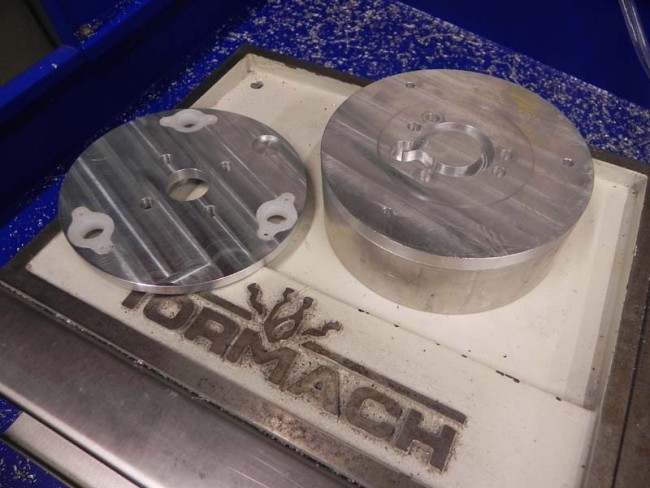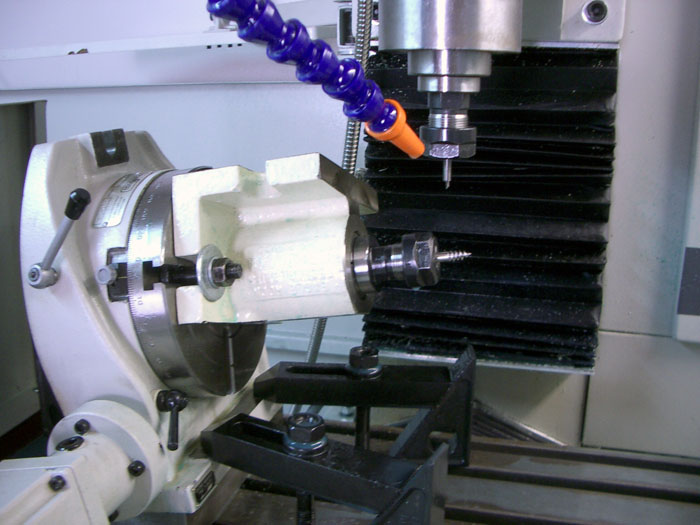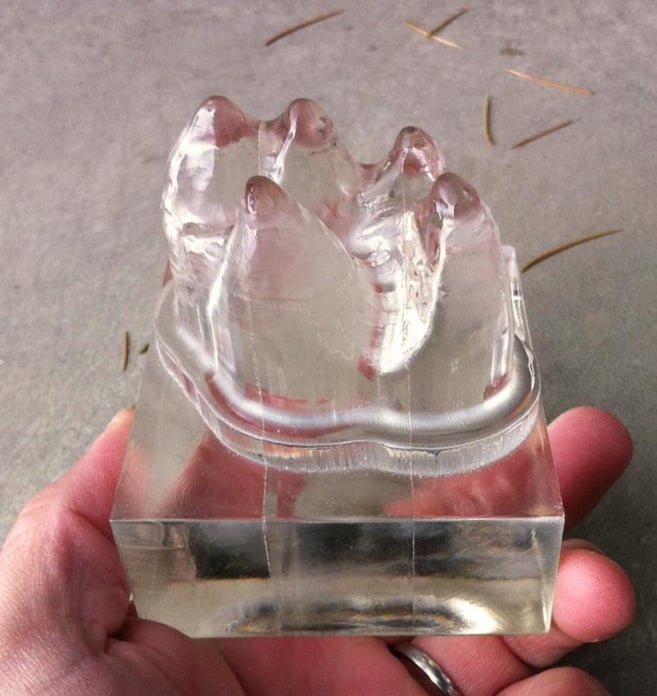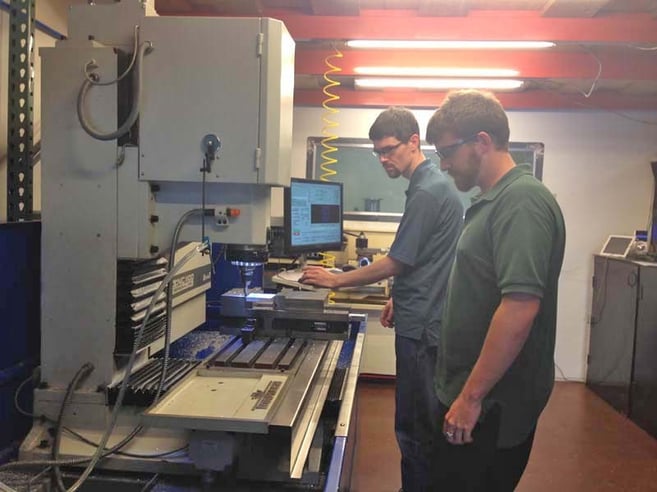As many brick-and-mortar stores are seeing sales drift online and websites like Kickstarter are helping to decide where the market is headed, personal manufacturing has moved from the wave of the future to a tool of production. The “Now Economy” has produced consumers that expect their goods to be high-quality and arrive quickly, which can sometimes be a challenge for traditional manufacturers.
That’s why the era of start-ups inside and outside of Silicon Valley has been a booming success. At first, the “now economy” was limited to services and digital goods (ebooks, Uber rides, apps, etc.), but the culture has bled into tangible items as well. Small-run and/or custom manufacturing have emerged as the best choices for most consumers. Though, Walmart still has an empire, the market is changing.
For quite some time, Tormach customers have been using their machines for customized and short-run manufacturing in industries that have long been relegated to goliath manufacturing organizations. Mike Ko, who has used a PCNC 1100 at KFx Medical Corporation, said back in 2011, “Both the hardware and the software have been dropping in price and rising in capability, ease-of-use, and quality. On the hardware side, the development of the Tormach PCNC machine is one of the first capable and affordable CNC machines.”
Another extension of the Now Economy arrives at highly-custom components for one-of-a-kind applications. For instance, Adam Summers uses his PCNC 1100 to replicate biology in an attempt to understand the function of certain structures within fish – certainly not an off-the-shelf venture – while also making custom brackets and enclosures to interact and record his biological subjects.
Reinhard Valle approaches customization in a more commercial sense with his personalized putters. Using input from customers, as well as his PCNC 770, Reinhard Putters makes functional and balanced golf clubs with an artful twist.
Nate Kossak of Ideas Squared has taken this small-run manufacturing idea to the community. “We are proponents of ‘neighborhood manufacturing,’ and we’re trying to offer a place where the community can fulfill their low to medium manufacturing needs,” he explains. “We achieve this by providing a place where people can do some of the manufacturing on their own.” Often, major manufacturing partnerships are still needed to develop billion-dollar companies, but those cumbersome organizations are beginning to feel the heat from start-up companies that are enabled through personal machining and manufacturing. While some small organizations will still only look to be bought out by the bigger players, many start-ups are seeing light of real profits without selling out. Thanks to more accessible tools that enable ideas, the next Apple or GE could be in your neighbor’s garage.






